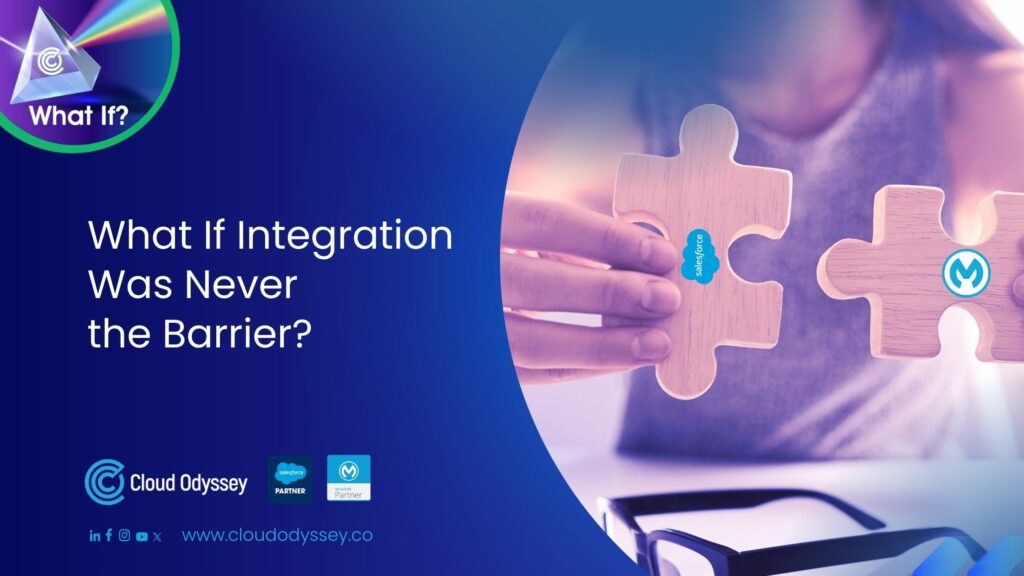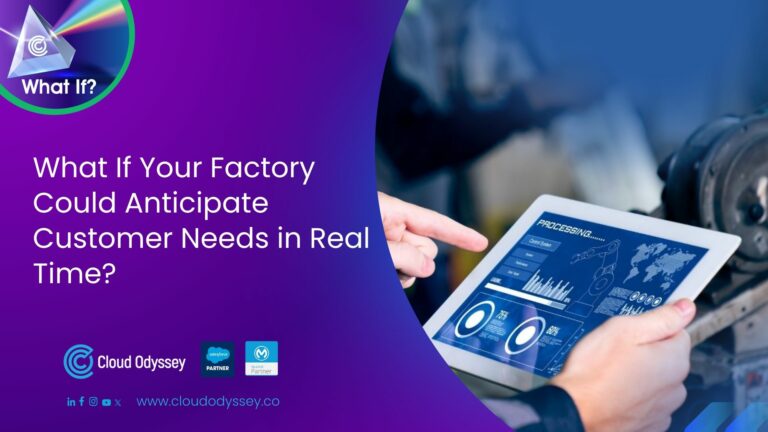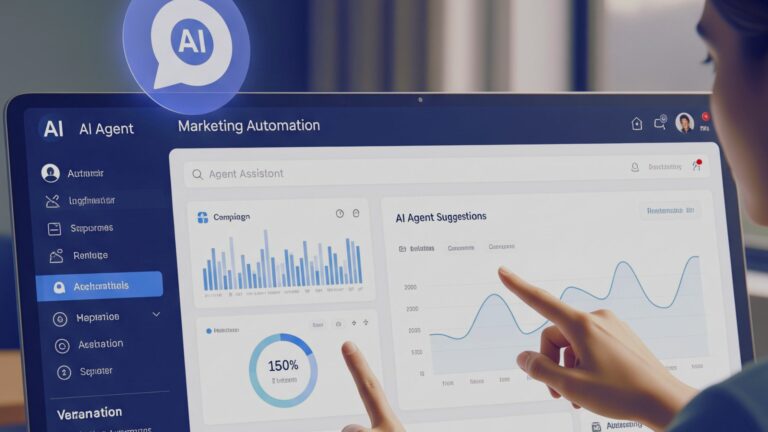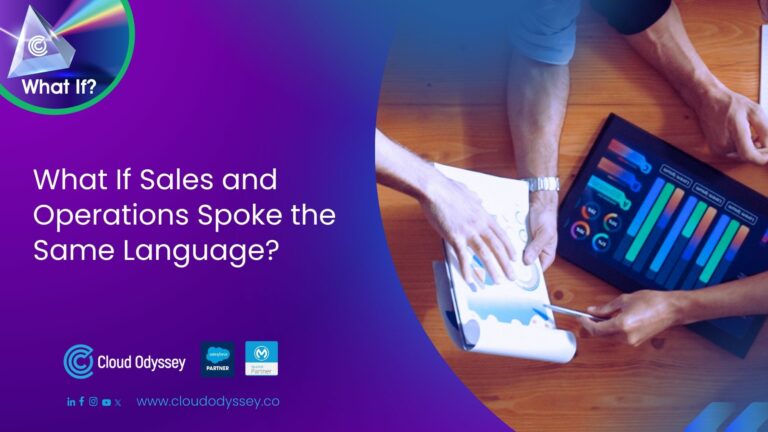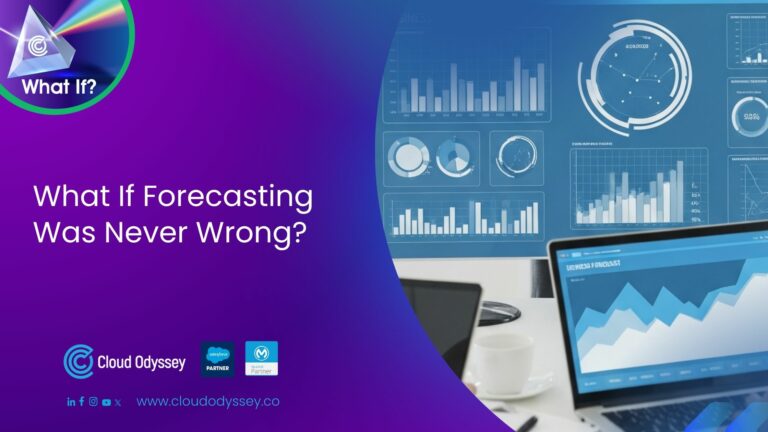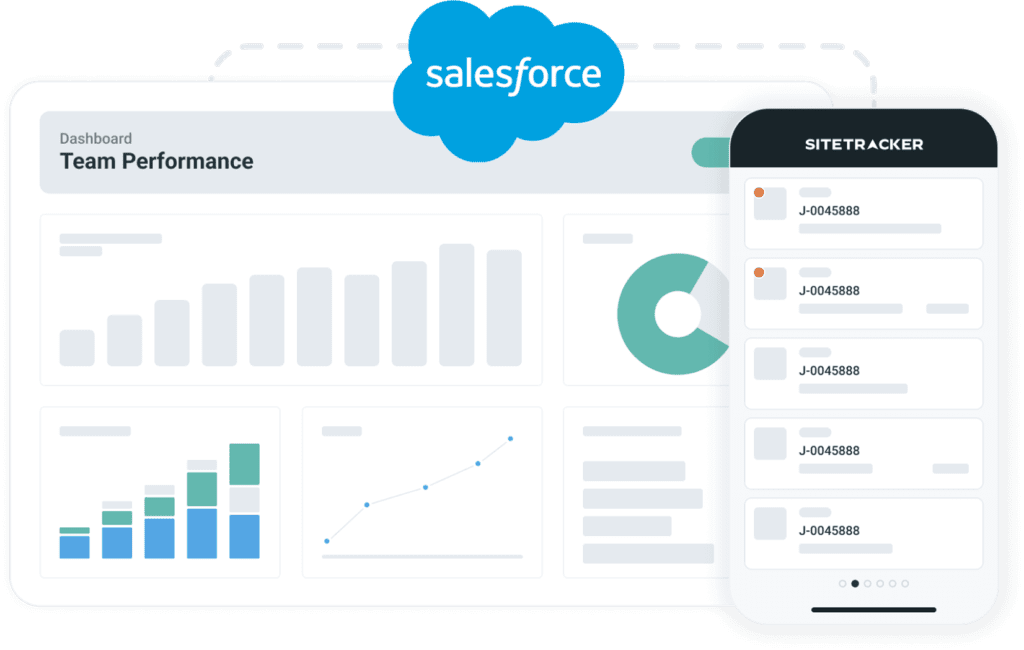In today’s retail landscape, success isn’t just about having the right products or the best prices—it’s about creating seamless experiences that meet customers wherever they are. Yet for many retailers, the promise of true omnichannel remains elusive due to one persistent challenge: system integration.
But what if integration was never the barrier? What if connecting systems, data, and experiences was as simple as connecting building blocks? This technical brief explores how MuleSoft, Salesforce’s integration platform, is transforming retail by removing integration barriers and enabling unprecedented agility and innovation across the entire retail ecosystem.
The Integration Paradigm Shift
For decades, retail technology stacks have evolved as collections of disparate systems—inventory management, POS, e-commerce platforms, CRM, marketing automation, and more. Each new technology implementation brought its own data silo, creating a complex web of disconnected systems that required expensive custom integrations to communicate.
The result? A technical debt that handicapped innovation and slowed retailers’ ability to adapt to changing consumer demands.
MuleSoft’s API-led connectivity approach fundamentally changes this paradigm by:
- Decoupling systems through reusable APIs that abstract underlying complexity
- Creating composable building blocks that can be reused across multiple projects
- Enabling faster innovation by reducing the technical overhead of systems integration
- Providing visibility and governance across the entire integration landscape
This shift transforms integration from a necessary evil to a strategic enabler, allowing retailers to leverage their technology investments in new ways.
AI & Agentic Architecture
MuleSoft forms the foundation of retail’s AI & Agentic architecture. By connecting structured, unstructured and LLMs, APIs can quickly aggregate data to meet the needs of Retail Industry. Be it order processing, performing seamless returns, intelligent inventory tracking & forecasting, MuleSoft’s AI Chain and Agent Actions will assist businesses improve customer experience.
Key Benefits for Retail Organisations
1. Accelerated Time-to-Market Retailers implementing MuleSoft have reported up to 65% faster development cycles for new integrations, enabling rapid launch of digital shopping experiences, quick adaptation to supply chain disruptions, and faster implementation of emerging technologies like RFID, computer vision, and AR/VR.
2. Enhanced Inventory Visibility and Management Unified inventory visibility across channels enables real-time accurate inventory positions, “endless aisle” capabilities, intelligent allocation and fulfilment optimisation, and reduced out-of-stocks with improved inventory turns.
3. Personalised Customer Experiences With unified customer data flowing across systems, personalisation extends beyond digital to in-store experiences, associates gain complete customer context regardless of channel, promotions become truly contextual, and loyalty programmes work seamlessly across all touchpoints.
4. Operational Excellence Integration at scale enables automated workflows across departments and systems, reduction in manual reconciliation processes, improved order accuracy and fulfilment efficiency, and better labour utilisation through automated task assignment.
5. Innovation Acceleration With integration barriers removed, new technologies can be implemented and tested rapidly, partners and third-party solutions can be onboarded quickly, legacy systems can be extended rather than replaced, and digital transformation initiatives can move at the pace of business needs.
Real-World Retail Transformation Story
A high-end luxury retailer transformed their customer experience by using MuleSoft to connect their legacy clienteling system with Commerce Cloud and Marketing Cloud. This integration provided store associates with comprehensive customer profiles that included online browsing history, cross-channel purchase data, and abandoned cart information. The resulting 360-degree customer view delivered impressive business outcomes: average transaction value increased while customer retention improved. This case demonstrates how strategic integration can directly impact both the top and bottom line for retailers seeking competitive advantage in today’s omnichannel environment.
Technical Implementation Strategies
API-First Design
Successful retailers are adopting an API-first approach where:
- Core retail capabilities are exposed as well-defined APIs
- These APIs become products that can be used across the organisation
- Integration becomes a collaborative process between business and technology teams
- Development velocity increases as reuse replaces custom integration work
Microservices Architecture
Modern retail architectures leverage microservices that:
- Break large monolithic systems into manageable components
- Allow independent scaling of high-demand services
- Enable faster updates to specific functionality
- Provide greater resilience against system failures
Connectors & Patterns
Faster time-to-market with automation, OOTB connectors and patterns:
- Do it well with industry standard patterns and a large list of connectors to build the APIs
- Automate manual tasks and increase efficiency across the organisation
- Gain operational insights with a connected network of systems. Proactively act of the critical data points provided by the APIs
To summarise it all, the ability to rapidly connect systems, data and experiences has become a critical competitive advantage. Retailers who leverage MuleSoft’s integration capabilities within the Salesforce ecosystem are positioning themselves to:
- Deliver truly differentiated customer experiences
- Respond rapidly to market changes and disruptions
- Maximise the value of existing technology investments
- Accelerate innovation across physical and digital channels
The question is no longer “How will we integrate this new system?” but rather “What new experiences can we create now that integration is no longer the barrier?”
By removing integration as a constraint, retailers can finally realise the full potential of their technology investments and deliver on the promise of true omnichannel retailing—meeting customers wherever they are with consistent, personalised and frictionless experiences.
Cloud Odyssey’s comprehensive support ecosystem ensures clients achieve success throughout their integration journey—from initial planning and architecture design through implementation, optimisation and beyond. With dedicated retail industry experts, proven implementation methodologies and a vibrant community of partners, we help retailers not just connect systems but fundamentally transform their business capabilities in today’s rapidly evolving marketplace.



